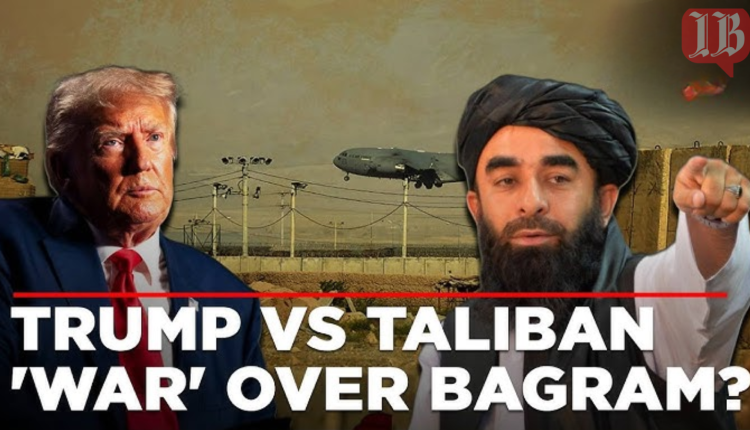Mumbai: In a stark display of paranoia gripping the Taliban’s top echelons, Supreme Leader Mullah Hibatullah Akhundzada is reportedly changing his residence daily, haunted by fears of an American strike.
Sources close to the matter reveal that the reclusive cleric has even cancelled his weekly council meeting with the Ulema Shura, making it nearly impossible to track his movements.
Akhundzada, who usually rotates between secure spots in Maiwand, Einak Mina, the former home of Abdul Razik Achakzai, and the old Kandahar Army Corps headquarters, has vanished from radar for the past three days.
This frantic evasion comes as US President Donald Trump ramps up blistering rhetoric against the Taliban, demanding the return of the strategic Bagram Airbase – a key US hub during the two-decade war.
On September 17, during a UK visit, Trump justified reclaiming Bagram by citing its proximity to alleged Chinese nuclear sites, just an hour’s flight away. Three days later, on Truth Social and at the White House, he warned of “bad things” if the Taliban refuses, hinting at military action without ruling out troop redeployment.
The Taliban fired back with a measured rebuke, invoking the 2020 Doha Agreement’s clause barring US threats to Afghanistan’s sovereignty.
The 57-year-old Akhundzada, a Kandahar native who fought Soviet forces in the 1980s and rose under founder Mullah Omar as head of military courts, has led the Taliban since 2016. His hardline rule, enforcing strict Sharia, now faces this existential dread from Trump’s shadow war of words.
As tensions simmer, Akhundzada’s ghost-like existence underscores the fragile peace in post-withdrawal Afghanistan.



Comments are closed.